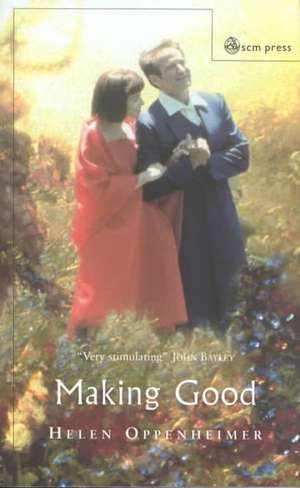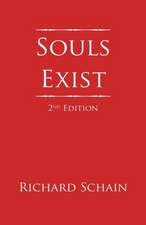Making Good: Creation, Tragedy and Hope
Autor Helen Oppenheimeren Limba Engleză Paperback – 2 mar 2011
Preț: 249.10 lei
Nou
Puncte Express: 374
Preț estimativ în valută:
47.67€ • 49.25$ • 39.67£
47.67€ • 49.25$ • 39.67£
Carte tipărită la comandă
Livrare economică 21-27 martie
Preluare comenzi: 021 569.72.76
Specificații
ISBN-13: 9780334028321
ISBN-10: 0334028329
Pagini: 156
Dimensiuni: 144 x 209 x 12 mm
Greutate: 0.18 kg
Editura: SCM Press
Seria Creation, Tragedy and Hope
ISBN-10: 0334028329
Pagini: 156
Dimensiuni: 144 x 209 x 12 mm
Greutate: 0.18 kg
Editura: SCM Press
Seria Creation, Tragedy and Hope
Recenzii
It has an admirable unity, no to say a seamless argument across its twenty-two relatively short but relective chapters. (...) the author never takes the easy otpion, she faces each proble; squarely and with wisdom." Allan Doig, LMH.













